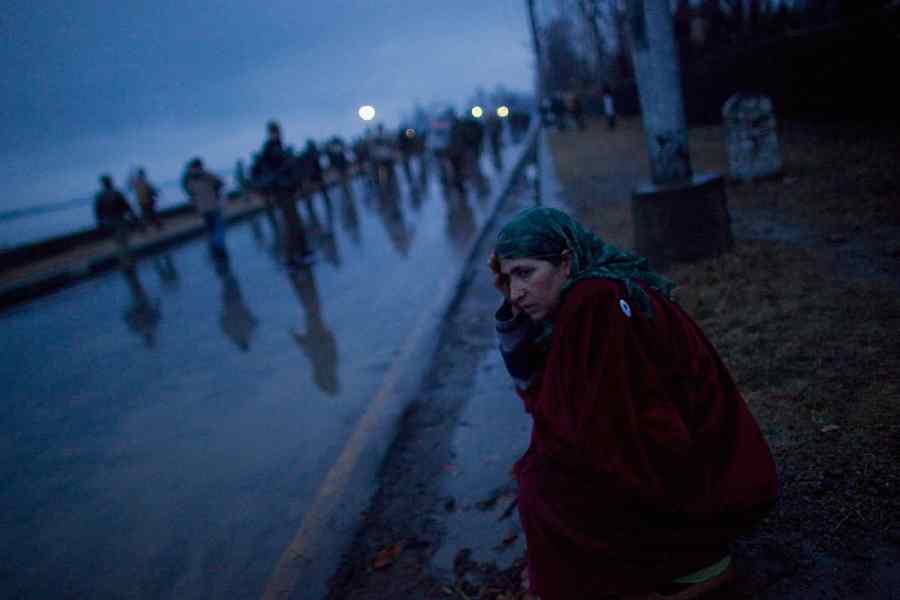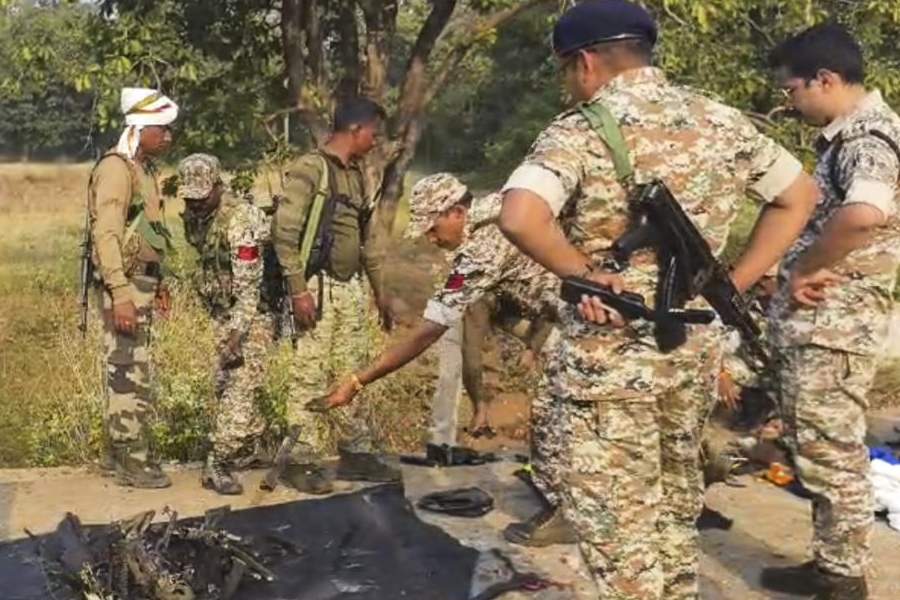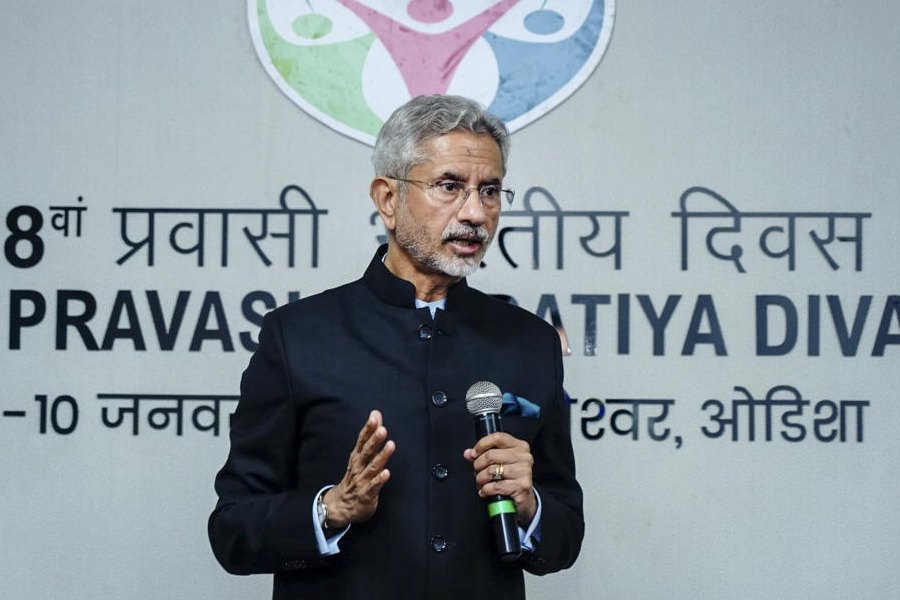In 2012, the International Crimes Tribunal-2, Bangladesh, adjudicated the claims made from memory after forty years to deliver justice to the survivors of war crimes in the Bangladesh Liberation War. It stated, “It is true that with the passage of time human memory becomes faded. But it is also the reality that human memory is quite capable of reserving some significant moment or incident in the hard disc of his or her memory which is considered as long-term memory, and it is never erased from human memory.”
In recent years, especially in the wake of transitional justice, memory has come to be recognised as a contested terrain on which struggles over control and resistance are fought out. Our memory narratives are instrumental in shaping our conceptions of justice, in keeping alive the call for accountability, and in the making of policies that seek retributive, reparative, restorative, and preventive measures for the attainment of justice and establishing truth in the aftermath of genocide, violence, and human rights violations. The legal responses to collective injustice produce official narratives that explain and account for the past. The various counter-memory narratives produced in society and amongst social groups reveal that our understanding of the past is fraught with challenges and is dependent upon larger structures, such as institutions, cultural traditions, and the material, physical environment.
Collective memory is contingent on social groups, contextualised in space and time, and rejects the universalising of memory in traditional historiography. This may have significant implications for our understanding of moral philosophy. It may lead to questioning the philosophy of justice found in notable figures such as Aristotle, Immanuel Kant, and John Rawls by highlighting the need for theories of justice that are less universalising or idealistic, and more comparative, contingent, and environmentally contextual. An appreciation of memory as a theoretical approach makes us conscious that law and memory are closely connected, and that legal measures to end injustice, such as the International Criminal Court founded in 2002 by the Rome Statute or the European Convention on Human Rights, are rooted not only in impersonal analysis but also in memory cultures and memory narratives that have shaped our perspectives of the world.
Understanding the politics of memory may offer insights into the reinscribing of personal experience into larger social collectives. But one walks on a tightrope to write back the women within collective and national memory. According to the critics of both feminist and memory studies, the present is defined by a past that is constructed. Marianne Hirsch and Valerie Smith trace the attempts to examine memory from the perspective of feminism. The first step occurred at a 1986 conference at the University of Michigan, published as a special issue of the Michigan Quarterly Review on “Women and Memory” edited by Margaret Lourie, Domna Stanton, and Martha Vicinus. These editors and authors used the concept of ‘memory’ to define the field of women’s studies as a form of ‘countermemory’ and feminist scholarship, literature, and art as means of redressing the official ‘forgetting’ of women’s histories, thereby seeking to access redressal in post-conflict societies.
The question of justice has often been a factual impossibility. Bringing to trial all those responsible for, say, the Armenian genocide, the birangonas of the Bangladesh Liberation War, the rape victims of Bosnia, the Madres of the Dirty War, the Korean Comfort Women, Kashmiri women remembering the Kunan Poshpora horror or Palestinian women remembering Gaza is challenging. This is mainly because of the mnemonic practices deliberated upon the nation-building projects in the aftermath of conflict. In this respect, memory serves as a means of seeking or gaining justice by constantly negotiating with collective and individual experiences that can never be entirely articulated or resolved.
There is, however, considerable critical debate about the degree to which past recollections are individually produced or situated in a field of social relations. Elizabeth Jelin’s State Repression and the Labors of Memory, written in the context of justice and human rights of Latin America, proposes that the past acquires meaning in intersection with the present. A new historiography emerges through the memories of women which explores the question of what State violence implies for women. Memory narratives accommodate a space for justice by creating intimate sites for the disclosure of violence. This disclosure can be interpreted as a memory that not only exposes the past but also traces how these accounts have been converted into public memory. It seeks justice and a memorial that do not allow the woman subject to be forgotten.
Women victims in conflict zones are bound by the common tropes of violence and victimhood. Yet, they are distinct given the nature of their wounds. By thinking back, these women debunk the cultural politics of memory, providing internalised accounts of trauma and pain, thereby bringing closure to the pain and paving the way to access justice that was denied and delayed.
Antara Ghatak is an Assistant Professor in the Department of English, St. Xavier’s University, Calcutta










